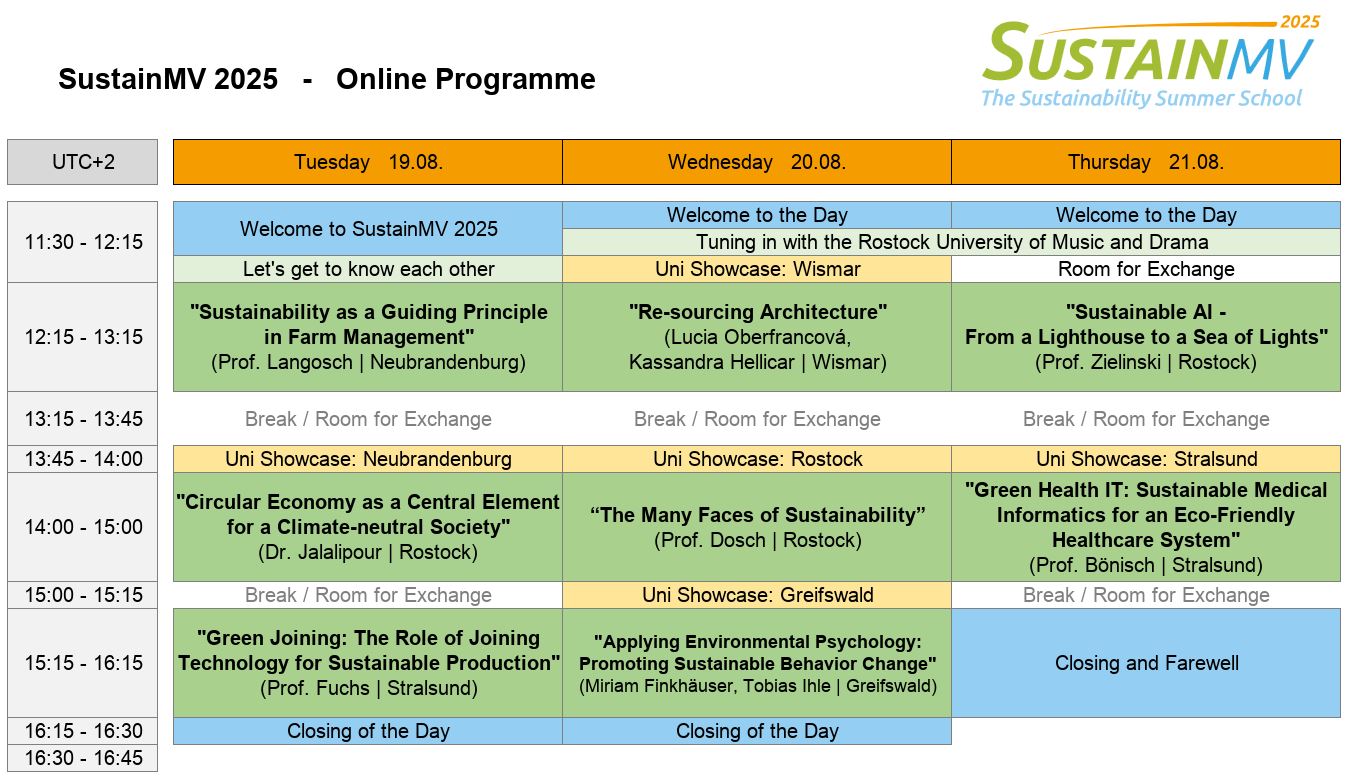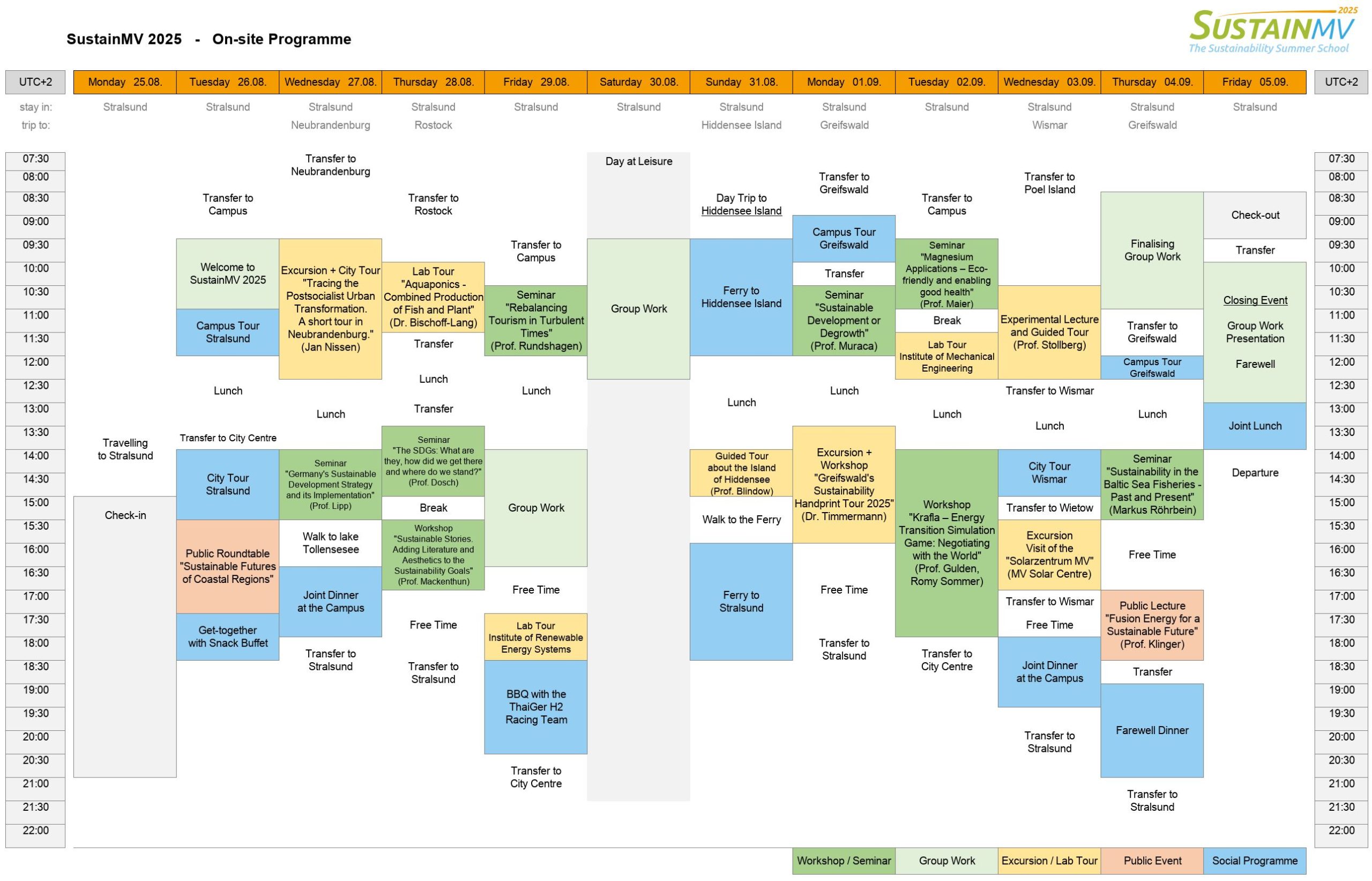SustainMV 2025
The Sustainability Summer School
Programme Overview
SustainMV will be happening for the fifth time this year! The summer school is jointly presented by all universities in Mecklenburg-Vorpommern – a federal state in the north of Germany. The overarching theme for this unique event is sustainability in all subject fields. Academics from all MV universities, who are all experts in their respective fields of sustainability, present their work and research. The focus is sustainability in the fields of Tourism, Renewable Energies, Digital & Technological Innovations, Recycling & Waste Management, Ecosystems and Social Sustainability.
Its consists of an online and an on-site part in Mecklenburg-Vorpommern.
Online Programme (19 – 21 August)
| 11:30 - 12:15 | 🙌 | Welcome to SustainMV 2025 | |
| 12:15 - 13:15 | 🌍 | Presentation with discussion "Sustainability as a Guiding Principle in Farm Management" We have to talk about food sectors and food systems responsibilities for a fast growing world population. About conflicts between varying objectives: Feed the world today, but do not destroy the preconditions of a zero hunger world tomorrow. Both these major challanges have to be coped with on the farm level resp. by well educated, responsible farmers in the end. | 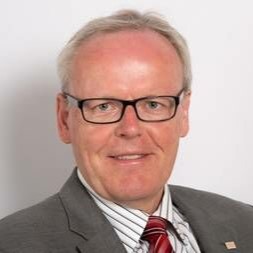 Prof. Dr. Langosch University of Applied Sciences Neubrandenburg |
| 13:15 - 13:45 | ☕ | Break / Room for Exchange Take a break or use the opportunity to exchange with the other participants | |
| 13:45 - 14:00 | ⭐ | Uni Showcase: Neubrandenburg | |
| 14:00 - 15:00 | 🌍 | Presentation with discussion "Circular Economy as a Central Element for a Climate-neutral Society" This talk is about the circular economy and provides examples of how materials can be reused at the end of their life cycle to produce high-quality products and contribute to reducing greenhouse gas emissions. | 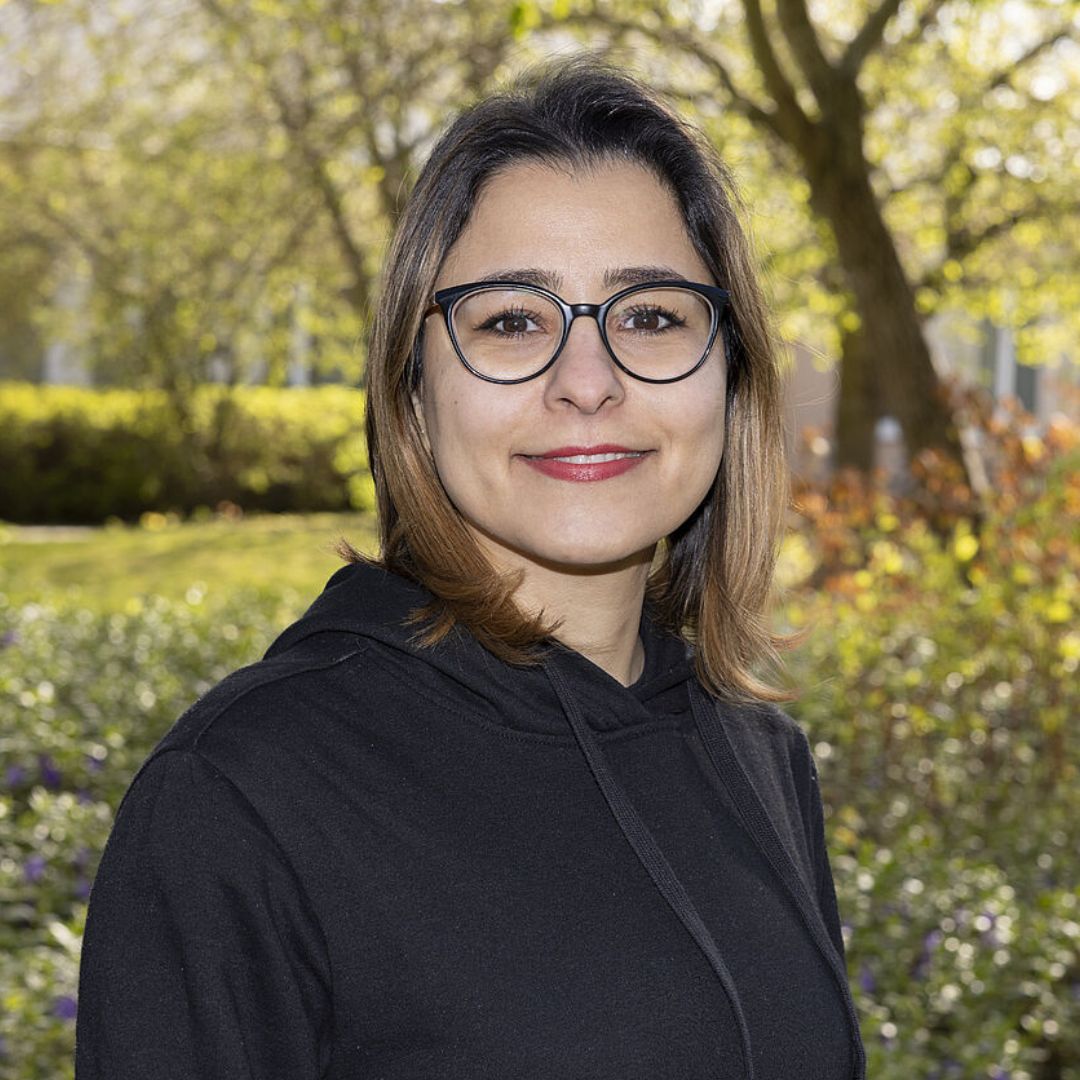 Dr. Jalalipour University of Rostock |
| 15:00 - 15:15 | ☕ | Break / Room for Exchange Take a break or use the opportunity to exchange with the other participants | |
| 15:15 - 16:15 | 🌍 | Presentation with discussion "Green Joining: The role of joining Technology for Sustainable Production" Joining technology and sustainability are two important topics that are becoming increasingly important, especially in modern production and manufacturing. This is not just about the way in which materials are joined, but also about the environmental impact, conservation of resources and the long-term efficiency of processes. Joining technology refers to the processes used to join different workpieces, e.g. welding (melting process), bonding (bonding of surfaces using an adhesive), riveting (mechanical joining using forming processes) and screwing (mechanical connection using threads) Each of these processes has its specific advantages and disadvantages, depending on the application. The choice of joining technology can have a direct impact on the environmental balance in terms of 1. energy consumption 2. material efficiency 3. recyclability 4. avoidance of hazardous materials 5. durability and maintenance Overall, choosing the right joining technology in combination with sustainable materials and processes helps to reduce environmental impact, lower energy consumption and extend product life cycles. | 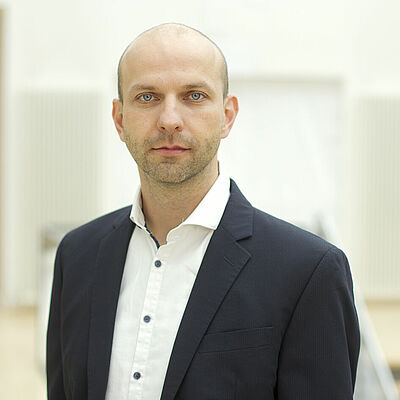 Prof. Dr. Fuchs University of Applied Sciences Stralsund |
| 16:15 - 16:30 | 👋 | Closing of the Day A brief closing statement to the day’s programme and pointers to extracurricular activities available. |
| 11:30 - 12:00 | 🙌 | Welcome to the Day | |
| 🎵 | Tuning in with the Rostock University of Music and Drama | 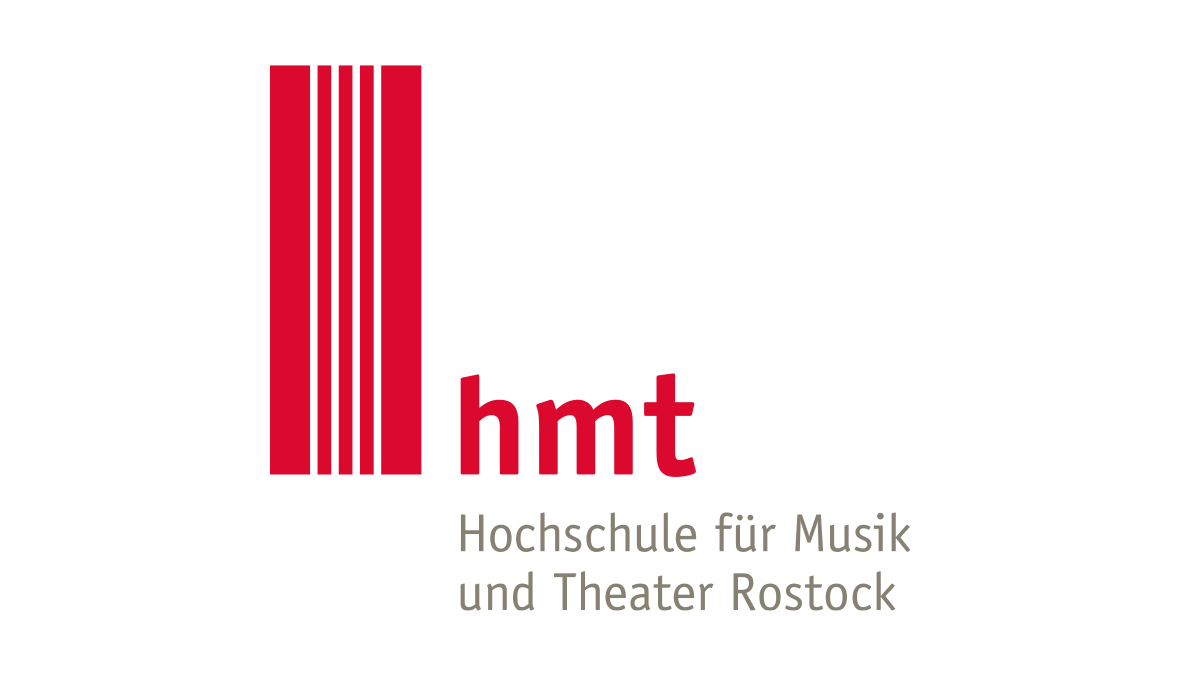 |
|
| ⭐ | Uni Showcase: Wismar | ||
| 12:15 - 13:15 | 🌍 | Presentation with discussion "Re-sourcing Architecture" By reusing building parts of buildings condemned to demolition, architects can create sustainable, innovative new architectural design concepts that blend the familiar with the new, resulting in a new aesthetic. How to rethink the way we design buildings to support the idea of circular architecture? By using specific methods, tools, and real-life examples, we will explore a “new” design process that helps use resources more efficiently and supports a more circular way of building. | 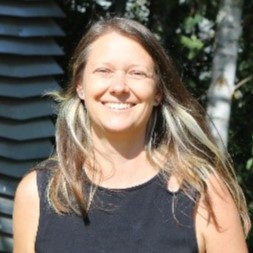 Lucia Oberfrancová University of Applied Sciences Wismar 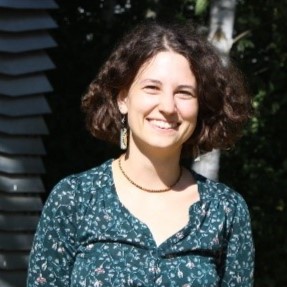 Kassandra Hellicar University of Applied Sciences Wismar |
| 13:15 - 13:45 | ☕ | Break / Room for Exchange Take a break or use the opportunity to exchange with the other participants | |
| 13:45 - 14:00 | ⭐ | Uni Showcase: Rostock | |
| 14:00 - 15:00 | 🌍 | Presentation with discussion "The Many Faces of Sustainability" A recent online article is aptly titled: “Sustainability – confusing term for a clever concept“. This nicely summaries both the beauty and challenge in dealing with this important concept. The idea of sustainability first emerged with regards to forestry, where it means never harvesting more than what the forest yields in new growth. The word “Nachhaltigkeit” (the German term for sustainability) was first used with this meaning in 1713. Since then the concept of sustainability has come a long way. In general terms, sustainability means meeting our own needs without compromising the ability of future generations to meet their own needs. However, this is not restricted to the natural environment but also extends to social and economic resources. Thus, sustainability goes beyond environmentalism and also encompasses social equity and economic development. Sustainability can also be understood as a movement which has its roots in social justice, conservationism or internationalism. By the end of the 20th century, many of these ideas were united under the roof of “sustainable development” and found their most prominent expression in the Sustainable Development Goals (SGD) as the current global agenda for reducing poverty and raising the quality of life. Sustainability as a political and strategic concept has its origin in the Brundtland Report “Our Common Future” of 1987. The report was concerned with the tension between the aspirations of mankind towards a better life on the one hand and the limitations imposed by nature on the other hand. The presentation traces the history of the concept of sustainability and critically discusses its many dimensions. | 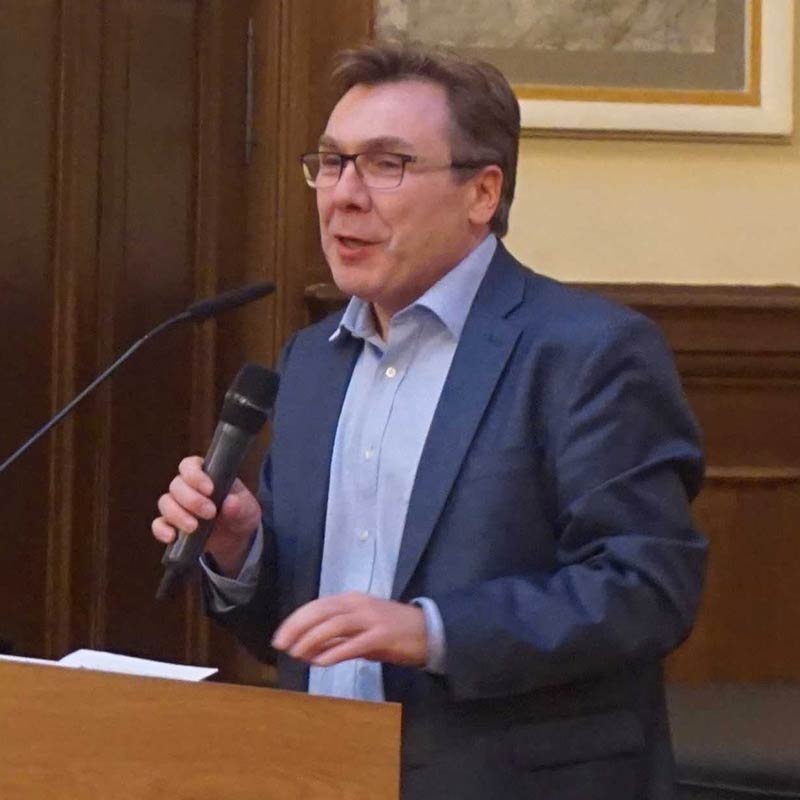 Prof. Dr. Dosch University of Rostock |
| 15:00 - 15:15 | ⭐ | Uni Showcase: Greifswald | |
| 15:15 - 16:15 | 🌍 | Presentation with discussion "Applying Environmental Psychology: Promoting Sustainable Behaviour Change" What drives people to adopt sustainable behaviours - and what holds them back? In this interactive online session, we will explore key psychological mechanisms behind behaviour change and introduce findings from environmental psychology. Together, we will apply these insights to real-world challenges and discuss practical strategies for promoting sustainability. | 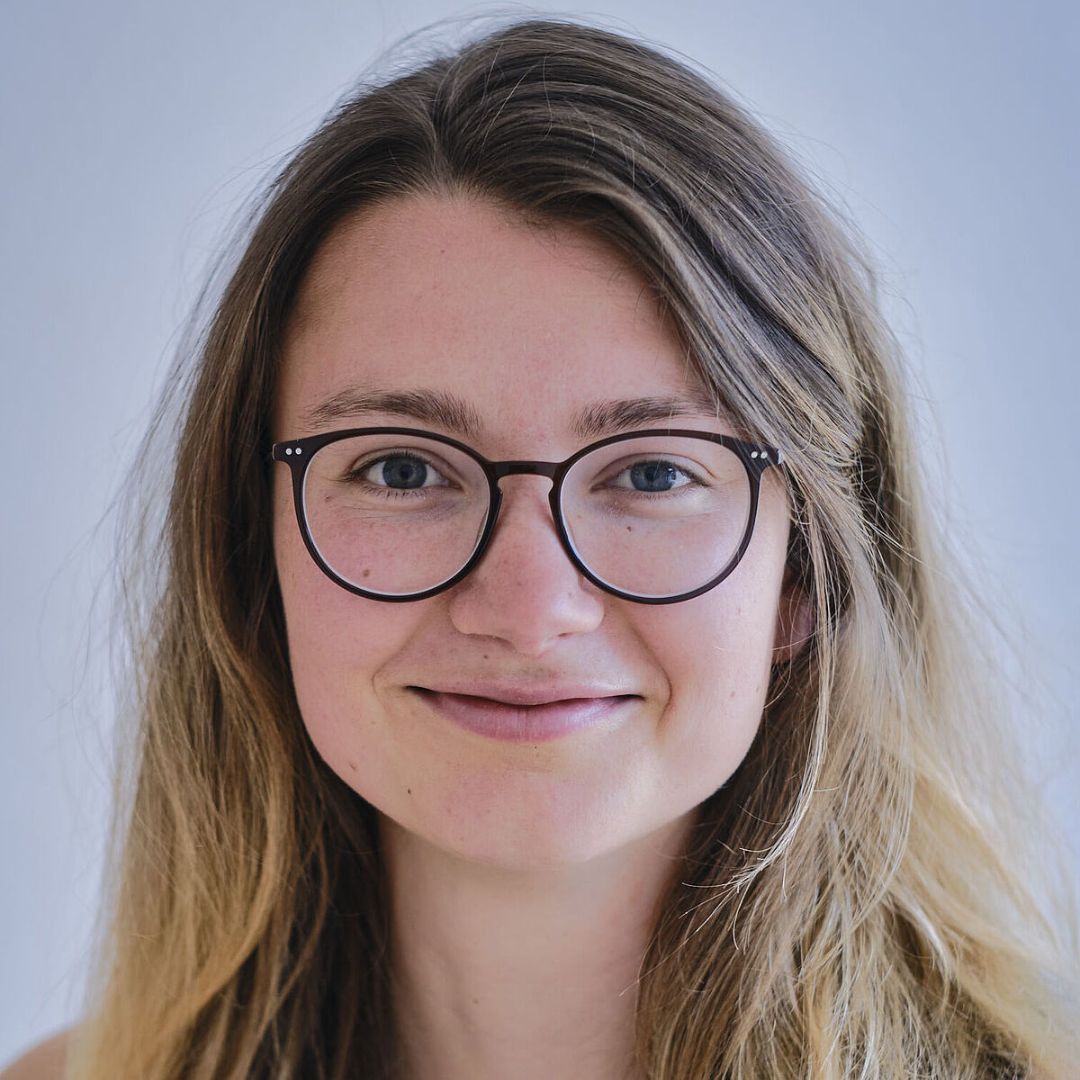 Miriam Finkhäuser University of Greifswald 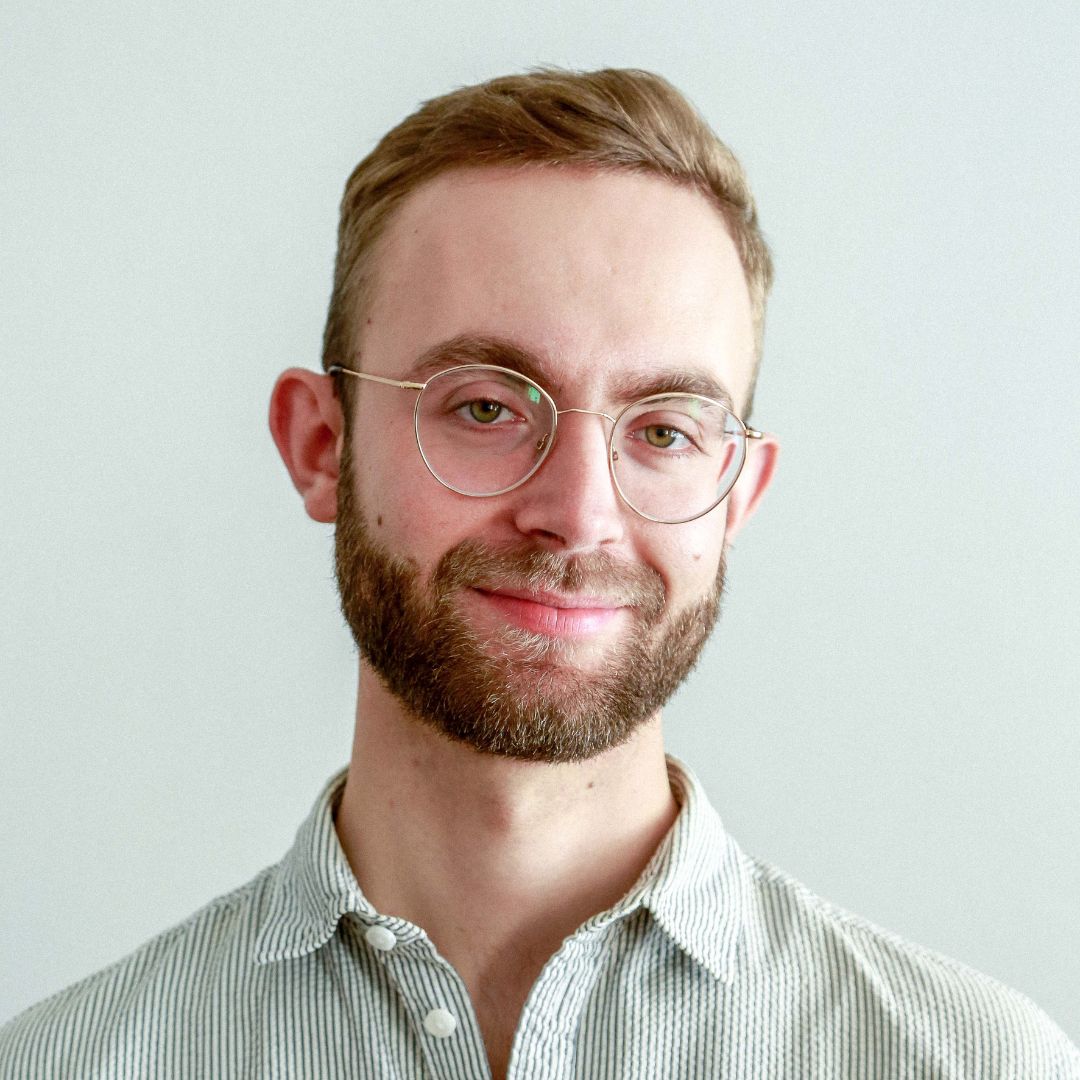 Tobias Ihle University of Greifswald |
| 16:15 - 16:30 | 👋 | Closing of the Day A brief closing statement to the day’s programme and pointers to extracurricular activities available. |
| 11:30 - 12:15 | 🙌 | Welcome to the Day | |
| 🎵 | Tuning in with the Rostock University of Music and Drama |  |
|
| ☕ | Break / Room for Exchange Take a break or use the opportunity to exchange with the other participants | ||
| 12:15 - 13:15 | 🌍 | Presentation with discussion "Sustainable AI - From a Lighthouse to a Sea of Lights" We know that neither the Ocean nor other natural areas are infinite, but that the Earth is a closed system, and all its resources are limited. If we want to shape our existence in the long term with these scarce resources, we must keep our consumption within the corridor provided by the Earth system - in short, we must act sustainably. In view of the global challenges of our time, especially regarding dwindling resources, increasing natural hazards and rapidly advancing climate change, the question is more relevant than ever: What can the "tool Al" contribute to environmental protection? Following a brief introduction of the Leibniz Institute for Baltic Sea Research (IOW) and its "perspectives of coastal seas" the presentation will investigate the potential of Al to support marine research and stewardship. Towards this end, two in-depth studies will be presented, a) the utilization of Al to promote a digital twin addressing marine environmental effects from offshore windfarms, and b) on the application of deep learning for the assessment of microplastic litter in coastal zones and river areas. Finally, we will change flight level and investigate the top-level questions of Al as a "game changer" in the context of UN sustainable development goals. | 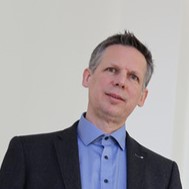 Prof. Dr. Zielinski University of Rostock |
| 13:15 - 13:45 | ☕ | Break / Room for Exchange Take a break or use the opportunity to exchange with the other participants | |
| 13:45 - 14:00 | ⭐ | Uni Showcase: Stralsund | |
| 14:00 - 15:00 | 🌍 | Presentation with discussion "Green Health IT: Sustainable Medical Informatics for an Eco-Friendly Healthcare System" Medical informatics plays a crucial role in the digital transformation of healthcare. But how sustainable are digital solutions? This talk explores the environmental footprint of the healthcare sector and demonstrates how sustainable IT strategies can help conserve resources and reduce emissions. Through innovative technologies such as energy-efficient data centers, AI-driven resource optimization, and telemedicine, it is important to explore how digital health can become more eco-friendly. Finally, we will discuss the challenges, opportunities, and future perspectives of sustainable medical informatics. | 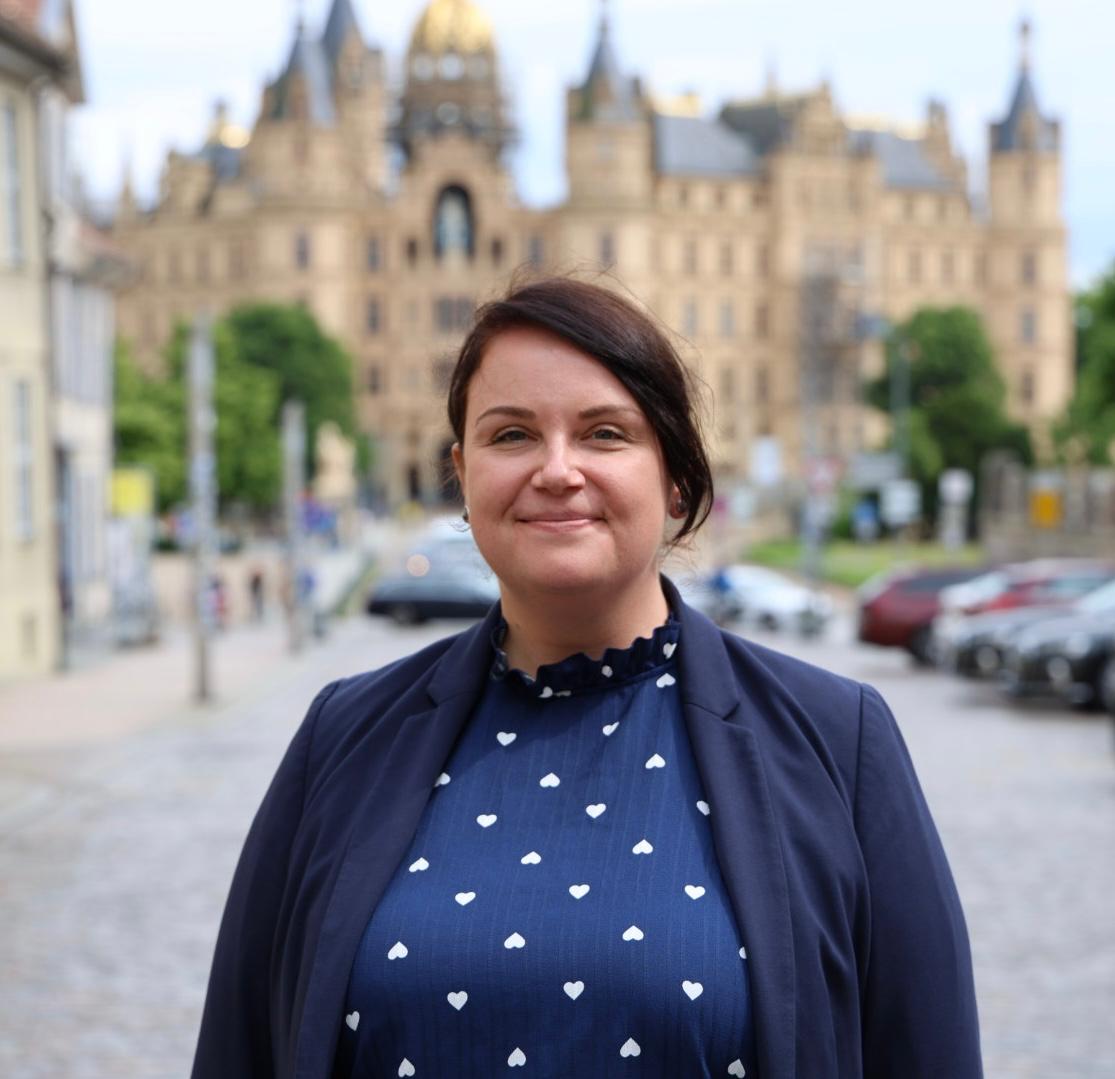 Prof. Dr. Bönisch University of Applied Sciences Stralsund |
| 15:00 - 15:15 | ☕ | Break / Room for Exchange Take a break or use the opportunity to exchange with the other participants | |
| 15:15 - 16:15 | 🌍 | Closing and Farewell |
On-site Programme (25 August – 5 September)
Travelling to Stralsund 🛫 🚄 🚌
📍 Stralsund
| 09:30 - 11:00 | 🙌 | Opening Welcome to SustainMV 2024 | |
| 11:00 - 12:00 | 👨👩👦👦 | Campus Tour Stralsund | |
| 12:00 - 13:00 | 🍽️ | Lunch | |
| 13:00 - 14:15 | 🚌 | Free Time + Transfer to City Centre | |
| 14:15 - 15:15 | 👨👩👦👦 | City Tour Stralsund | |
| 15:30 - 17:30 | 🌍 | Public Round Table "Sustainable Futures of Coastal Regions" Rising sea levels, nutrient inputs into the sea, pollution of marine foodstuffs - in coastal regions, the planetary boundaries are already becoming very clear in many cases. The Baltic Sea, as an almost completely inland sea with little water exchange, is a particular example of this. Reaching ecosystem limits has led and continues to lead to a particular urgency for sustainable solutions. We will discuss some of the particular challenges and solutions at the roundtable. 📍 MakerPort Stralsund | |
| 17:30 - 18:00 | 🍽️ | Get-together with Snack Buffet |
📍 Neubrandenburg
| 7:15 - 9:30 | 🚌 | Transfer to Neubrandenburg | |
| 9:30 - 12:30 | 👨👩👦👦 | Excursion + City Tour Neubrandenburg "Tracing the Postsocialist Urban Transformation. A short tour in Neubrandenburg." Let‘s walk through „The City of Four Gates“! Jan Nissen, Scientific Researcher and Urban Planner, guides us through the architecture of Neubrandenburg with a focus on his research topic: the postsocialist urban transformation. | 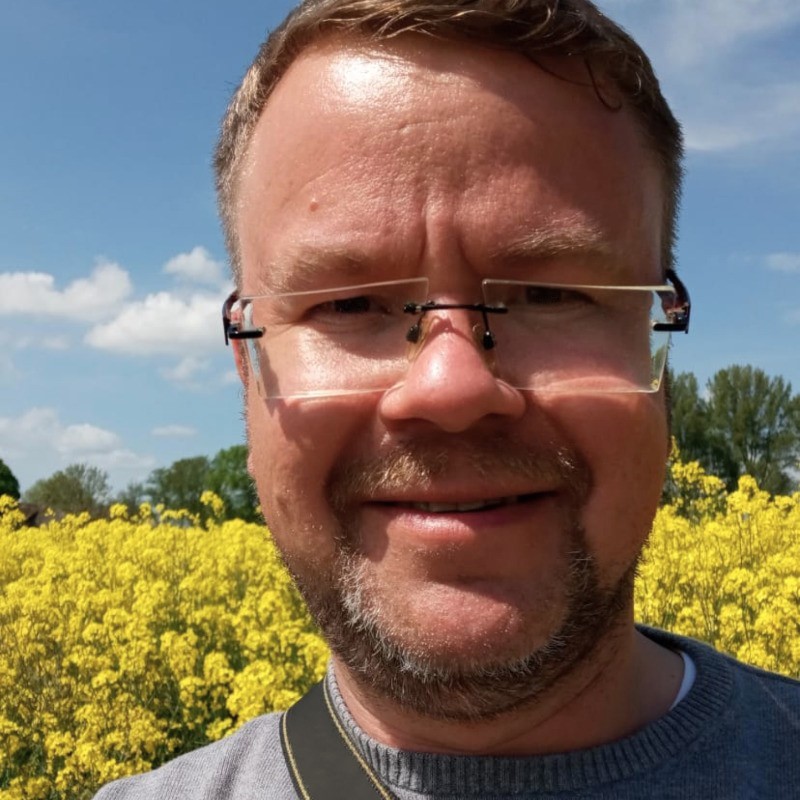 M.Sc. Jan Nissen University of Applied Sciences Neubrandenburg |
| 12:30 - 13:30 | 🍽️ | Lunch | |
| Free Time | |||
| 14:15 - 15:45 | 🌍 | Seminar "Germany's Sustainable Development Strategy and its Implementation" The seminar gives an overview of the German sustainability strategy and its implementation in selected areas, e.g. renewable energies, land use and nature conservation. Students learn about germanys spatial planning system and are invited to reflect the situation in their home countries. | 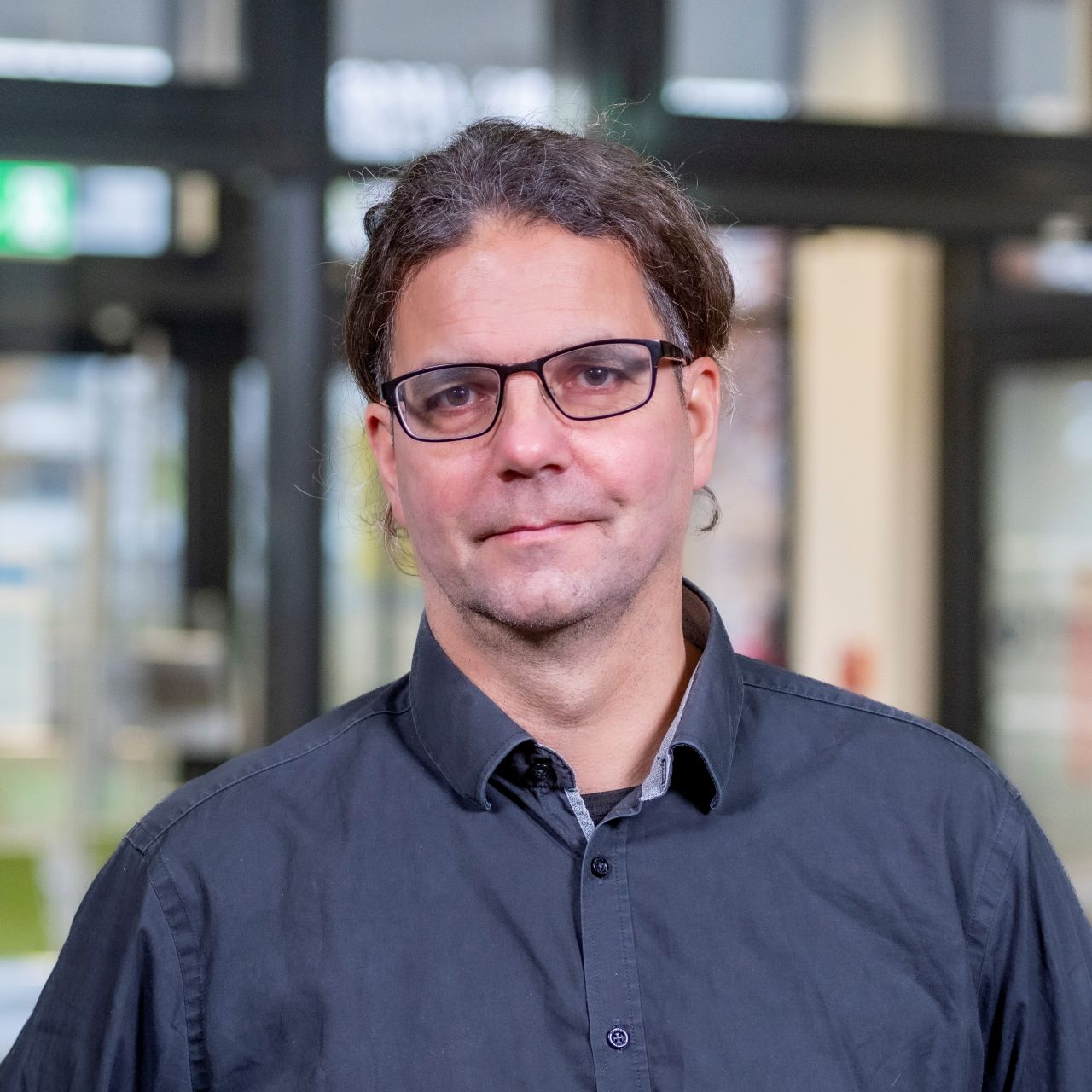 Prof. Dr. Torsten Lipp University of Applied Sciences Neubrandenburg |
| 15:45 - 16:30 | 👨👩👦👦 | Walk to lake Tollensesee | |
| 16:30 - 17:45 | 👨👩👦👦 🍽️ | Joint Dinner at the Campus | |
| 17:45 - 20:00 | 🚌 | Transfer to Stralsund |
📍 Rostock
| 08:30 - 10:00 | 🚌 | Transfer to Rostock | |
| 10:00 - 11:30 | 🌍 | Lab Tour "Aquaponics - Combined Production of Fish and Plant" The FischGlasHaus, Europe's most advanced aquaponics experimental facility, was built in 2015 on the campus of the Faculty of Agricultural and Environmental Sciences. It employs an eco-friendly "multi-unit system design" and investigates the impact of different fish species on the growth of herbs, leafy greens, and fruit vegetables. The closed aquaponics system utilizes fish water for plant nutrition, saving up to 90% of water in plant production and contributing to global resource optimization. 📍 "FishGlassHouse" | 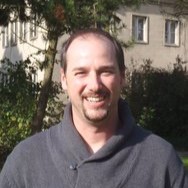 Dr. rer. nat. Adrian A. Bischoff-Lang University of Rostock |
| 🚌 | Transfer | ||
| 11:45- 13:00 | 🍽️ | Lunch | |
| 🚌 | Transfer | ||
| 13:30 - 15:00 | 🌍 | Seminar "The Sustainable Development Goals: What are they, how did we get there and where do we stand?" During a United Nations summit in New York in 2015, the 2030 Agenda for Sustainable Development was launched. This global initiative, in which all UN member states participate, aims to promote peace and prosperity for all people and to protect the Earth's environment and climate, which is reflected in the five ‘P ’s (People, Planet, Prosperity, Peace, Partnership). As part of this agenda, 17 Sustainable Development Goals (SDGs) were defined with a total of 169 targets. These goals cover a wide range of topics, including eradicating poverty and hunger, strengthening education and health systems, improving conditions for decent work, promoting gender equality, taking action on climate change and efficient water management. These goals are monitored and evaluated at UN level using a set of currently 231 indicators. The implementation of the SDGs has reached its halfway point. In this session we will take stock of what has been achieved so far, and discuss the problems, challenes and hurdles in the process of achieving the SGDs. | 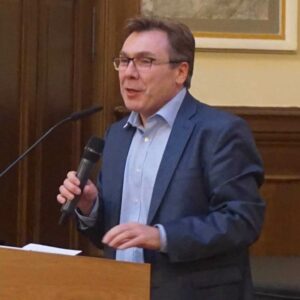 Prof. Dr. Jörn Dosch University of Rostock |
| ☕ | Break | ||
| 15:15 - 16:45 | 🌍 | Workshop "Sustainable Stories. Adding Literature and Aesthetics to the Sustainability Goals" The workshop (lecture and discussion) advocates for adding the fields of literature, aesthetics, and culture to the 17 sustainability goals. The necessary political and economic changes on the path to carbon neutrality will depend on, or be facilitated by, changes in affective and intellectual dispositions toward a sustainable lifestyle. Literature and other arts are essential for mediating such a transformation. In preparation of the discussion, participants will receive some reading material. | 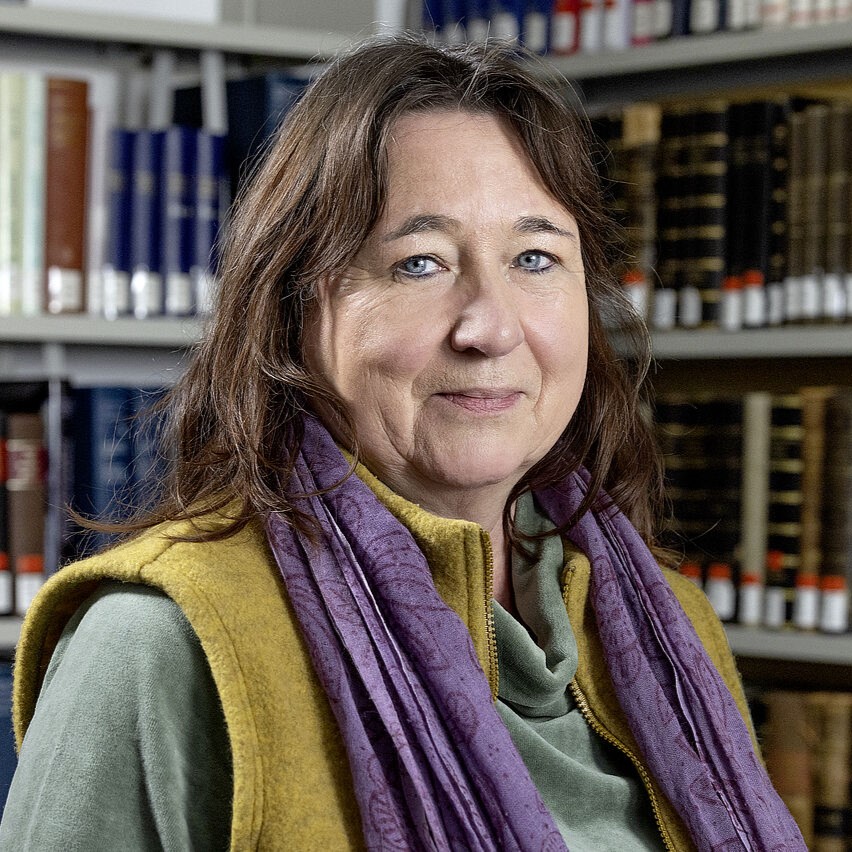 Prof. Dr. Gesa Mackenthun University of Rostock |
| 16:45 - 19:00 | 👨👩👦👦 | Free Time | |
| 19:00 - 20:00 | 🚌 | Transfer to Stralsund |
📍 Stralsund
| 🚌 | Transfer to Campus | ||
| 10:30 - 12:00 | 🌍 | Seminar "Rebalancing Tourism in Turbulent Times" Global challenges like climate change, rising inequality and geopolitical conflicts coincide with tourism growth projections and unbridled travel desires. This seminar considers approaches placing sustainability and human dignity center stage, and we will discuss regional opportunities and obstacles with reference to tourism contexts. | 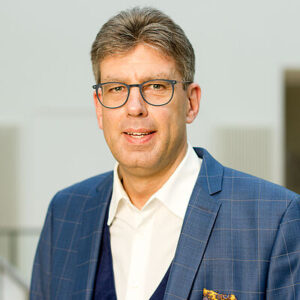 Prof. Dr. Volker Rundshagen University of Applied Sciences Stralsund |
| 🍽️ | Lunch | ||
| 14:00 - 16:30 | 🧩 | Group Work | |
| Free Time | |||
| 17:30 - 18:30 | 🌍 | Lab Tour Institute of Renewable Energy Systems | |
| 18:30 - 21:00 | 🍽️ 👨👩👦👦 | BBQ with the ThaiGer H2 Racing Team | |
| 🚌 | Transfer to Hostel |
Day at Leisure 🌱
Day Trip to Hiddensee Island 🚢
| 🚌 | Transfer to Stralsund ferry terminal | ||
| 09:20 - 12:00 | ⛴️ | Ferry to Hiddensee Island | |
| 12:00 - 14:00 | 👨👩👦👦 🍽️ | Choose: Hike to Light Tower or Free Time | |
| 14:00 - 15:00 | 🌍 | Guided Tour about the Island of Hiddensee “Hiddensee” is an island located in the Baltic Sea and part of the national park “Vorpommersche Boddenlandschaft”. The island is quite busy during the summer due to vacationers who enjoy the peaceful (car-free) island with its beautiful beaches. During the excursion we will learn from Prof. Blindow (University of Greifswald) about its unique ecosystems and how to protect these endangered landscapes. | 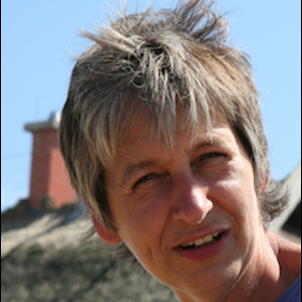 Prof. Dr. Irmgard Blindow University of Greifswald |
| 15:00 - 16:00 | 👨👩👦👦 | Walk to the Ferry | |
| 16:00 - 18:45 | ⛴️ | Ferry to Stralsund |
📍 Greifswald
| 🚌 | Transfer to Greifswald | ||
| 9:15 - 10:15 | 👨👩👦👦 | Campus Tour Greifswald | |
| 🚌 | Transfer | ||
| 11:00 - 12:30 | 🌍 | Seminar "Sustainable Development or Degrowth" According to some analysts, the history of Sustainable Development from the first Rio Summit in 1992 to the Rio+20 Summit in 2012, which inaugurated the Sustainable Development Goals, manifests a clear trajectory from “growth versus sustainability” to “growth for sustainability.” Sustainable Development becomes, accordingly, a strategy to secure long-term economic growth in the face of the ecological crisis. Degrowth, instead, recovers the idea of strong sustainability and envisions a social-ecological transformation of societies in which democracy, ecological justice, and a good life for all are secured without a structural dependence on economic growth. | Prof. Dr. Barbara Muraca University of Greifswald |
| 🍽️ | Lunch + Free Time | ||
| 14:00 - 16:30 | 🌍 | Workshop "Greifswald's Sustainability Handprint Tour 2025" This guided tour combines two learning formats: In the first part students will visit key locations of good-practice examples in sustainable development dealing with mobility, energy production, education and policy making. In the second part students will form small working groups, develop an innovative own idea (can be a very small or a very big one) how to make Greifswald more sustainable and - finally - present this idea in a small, improvised theatre performance to the group. | 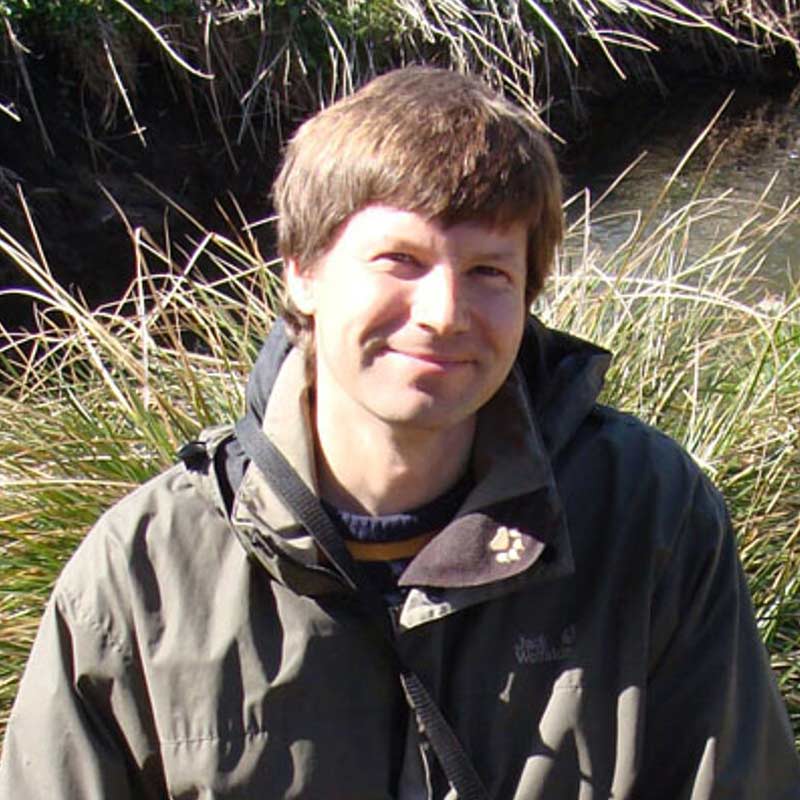 Dr. Tiemo Timmermann University of Greifswald |
| 16:30 - 17:50 | 👨👩👦👦 | Free Time | |
| 17:50 - 19:00 | 🚌 | Transfer to Stralsund |
📍 Stralsund
| 8:30 - 9:30 | 🚌 | Transfer to Campus | |
| 9:30 - 11:00 | 🌍 | Seminar "Magnesium Applications – Eco-friendly and enabling good health" Components made of magnesium are of interest in the automotive sector because the lightest structural material is used. It is eco-friendly and can be 100 % recycled. Its use as a temporary implant is of interest as it is biodegradable and biocompatible. Costs and risks can be saved by avoiding a second operation to remove the implant, e.g. after bone healing. | 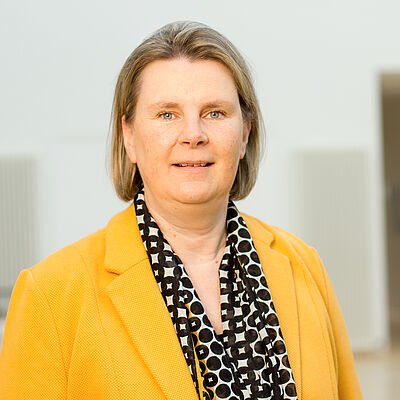 Prof. Dr.-Ing. Petra Maier University of Applied Sciences Stralsund |
| Break | |||
| 11:30 - 12:30 | 🌍 | Lab Tour Institute of Mechanical Engineering | |
| 🍽️ | Lunch | ||
| 14:00 - 18:00 | 🌍 | Workshop “Krafla – Energy Transition Simulation Game: Negotiating with the World” In the Energy Transition Game, energy companies from six countries play against each other in a fictional world and have to keep an eye on global greenhouse gas emissions. The task is to generate profits by buying and operating power plants. The winner is whoever has achieved the best economic performance. Together, however, a certain limit of greenhouse gas emissions must not be exceeded. You have to discuss, negotiate and take decisions in a climate council - just like in the real world. 📍 Campus Stralsund | 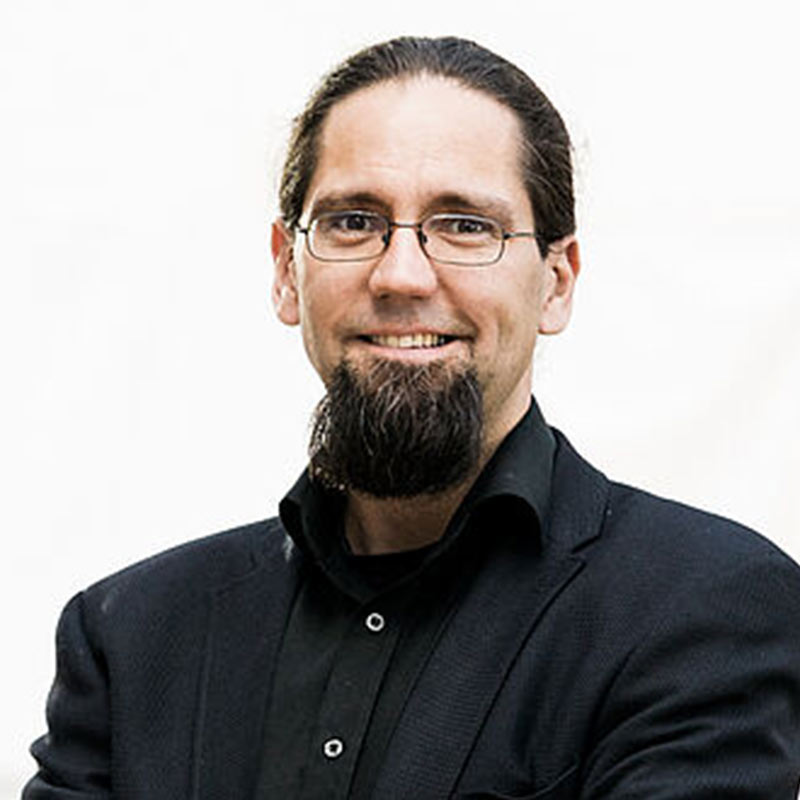 Prof. Dr. Johannes Gulden University of Applied Sciences Stralsund 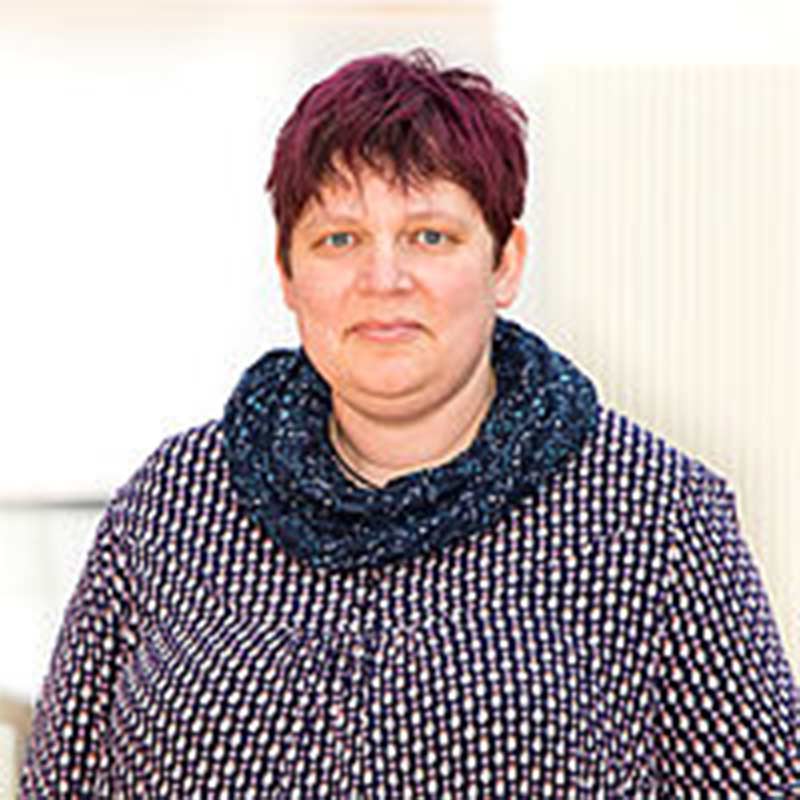 Romy Sommer University of Applied Sciences Stralsund |
| 18:00 - 18:30 | 🚌 | Transfer to City Centre |
📍 Wismar
| 8:00 - 10:15 | 🚌 | Transfer to Poel Island | |
| 10:30 - 12:30 | 🌍 | Experimental Lecture + Guided Tour Experimental Lecture + Guided Tour on Campus Poel The experimental lecture aims to introduce participants to the possibilities of using renewable resources through small-scale experiments. This will cover their material (detergents, medical devices, or nutritional supplements, etc.) and energy (fuels, biogas, etc.) uses. The lecture also draws a connection to sustainable agriculture, our demonstration garden, and the two other Malchow professorships (Chemistry and Bioprocess Engineering/Biotechnology). | 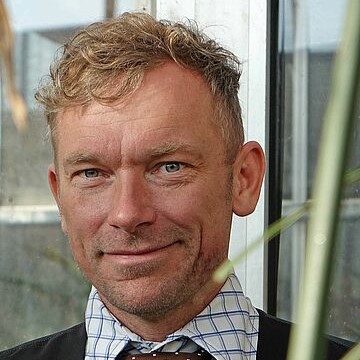 Prof. Dr.-Ing. Christian Stollberg University of Applied Sciences Wismar |
| 12:30 - 13:00 | 🚌 | Transfer to Campus Wismar | |
| 13:00 - 13:45 | 🍽️ | Lunch | |
| 14:00 - 15:00 | 👨👩👦👦 | City Tour Wismar | |
| 15:00 - 15:30 | 🚌 | Transfer to Wietow | |
| 15:30 - 17:00 | 🌍 | Excursion Visit of the "Solarzentrum MV" (MV Solar Centre) in Wietow The MV Solar Centre is equipped with advanced technologies for solar power, heat, and cooling generation. Here, we offer numerous experiences and educational opportunities related to renewable energy. Awarded the German Solar Prize and UN recognition, the Solar Center serves as an international communication and meeting center for applied research and product development. During the tour, we learn about the various uses of solar energy in architecture, horticulture, agriculture, and forestry, as well as their impact on quality of life. | |
| 17:00 - 17:15 | 🚌 | Transfer to Campus Wismar | |
| 17:00 - 18:00 | Free Time | ||
| 18:00 - 19:00 | 🍽️ | Joint Dinner at the Campus | |
| 19:00 - 21:00 | 🚌 | Transfer to Stralsund |
📍 Stralsund + Greifswald
| 8:30 - 11:00 | 🧩 | Finalising Group Work Finalise your groupwork until 10:30 and upload your presentation (or equivalent) onto our cloud system! | |
| 11:00 - 12:00 | 🚌 | Transfer to Greifswald | |
| 12:00 - 12:30 | 👨👩👦👦 | Campus Tour Greifswald 📍 Berthold-Beitz-Platz (Campus of Natural Sciences) | |
| 12:30 - 14:00 | 🍽️ | Lunch | |
| 14:15 - 15:45 | 🌍 | Lecture "Sustainability in the Baltic Sea fisheries - Past and present" In recent years, newspaper headlines have regularly drawn attention to the decline of Baltic Sea fisheries as well as fish populations in the Baltic Sea. But is this really a new phenomenon? In fact, the state of fish populations and the question "How much fishing is too much?" have been debated for decades, if not centuries. In this presentation, we will define what the terms overfishing and sustainable fisheries mean, and we will take a closer look at historical as well as the current crises in Baltic Sea fisheries. |  Markus Röhrbein University of Greifswald |
| 16:30 - 18:00 | 👨👩👦👦 | Free Time | |
| 17:00 - 18:30 | 🌍 | Public Lecture "Fusion Energy for a Sustainable Future" For decades, scientists have been researching the possibility of harnessing the processes of solar energy production on Earth. Nuclear fusion - the fusion of light hydrogen nuclei to form helium - holds enormous potential as an almost inexhaustible, safe and climate-friendly source of energy. However, its technical implementation represents one of the greatest challenges of modern physics and engineering. The lecture will provide an overview of the current status of fusion research and the next steps on the way to a commercial fusion power plant. The focus will be on the remaining physical and technological hurdles and the progress made by large-scale experiments such as Wendelstein 7-X in Greifswald. This facility, one of the world’s leading fusion research projects, demonstrates the possibilities and limits of stellarator technology. The lecture places these developments in the broader context of the global energy transition and discusses the question of whether and when fusion can make a sustainable contribution to the energy supply of the future. 📍 Alfried Krupp Wissenschaftskolleg Greifswald. | 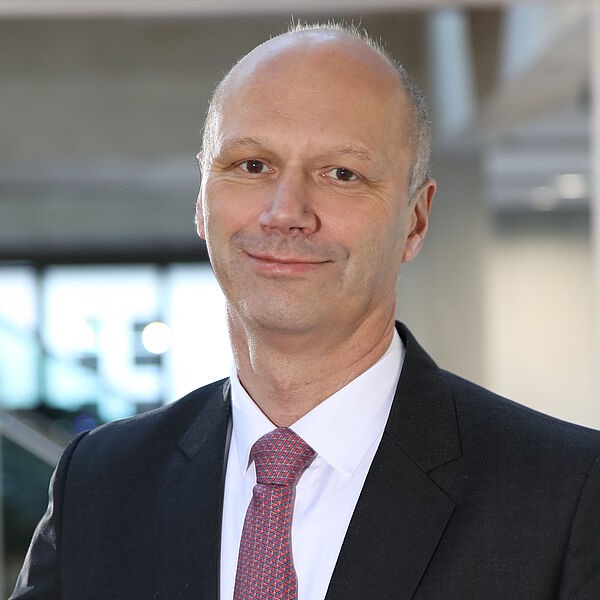 Prof. Dr. Thomas Klinger Alfried Krupp Kolleg Greifswald |
| 19:00 - 21:00 | 🍽️ | Farewell Dinner | |
| 21:00 - 22:00 | 🚌 | Transfer to Stralsund |
📍 Stralsund
| 8:30 - 9:30 | Hostel check-out | ||
| 9:30 - 10:00 | 🚌 | Transfer | |
| 10:00 - 13:00 | 👋🙌 | Closing Event - Group Work Presentation - Farewell 📍 MakerPort Stralsund | |
| 13:00 - 14:00 | 🍽️ | Joint Lunch | |
| 14:00 | 🚌 | Departure |
